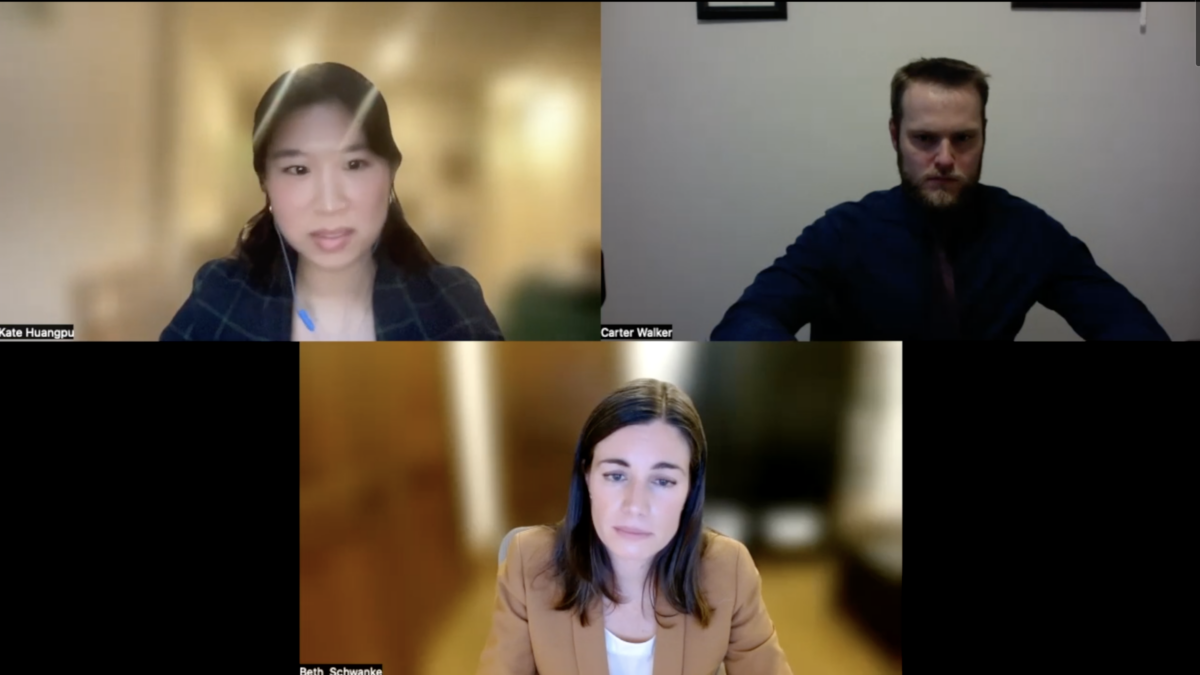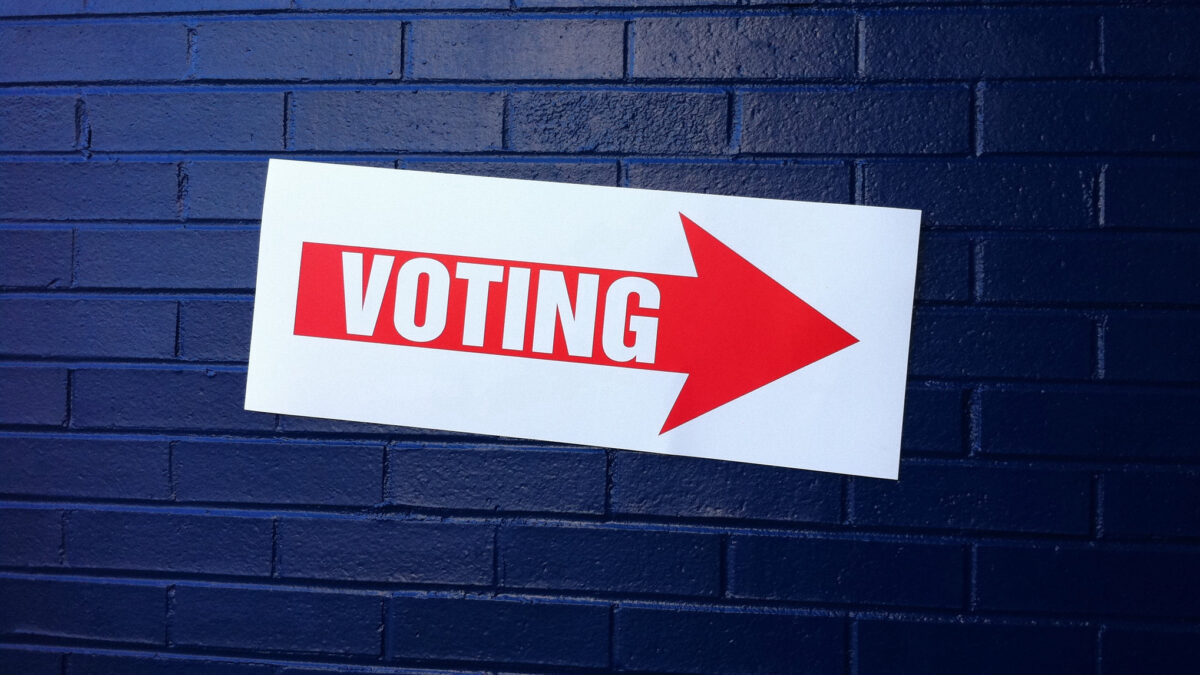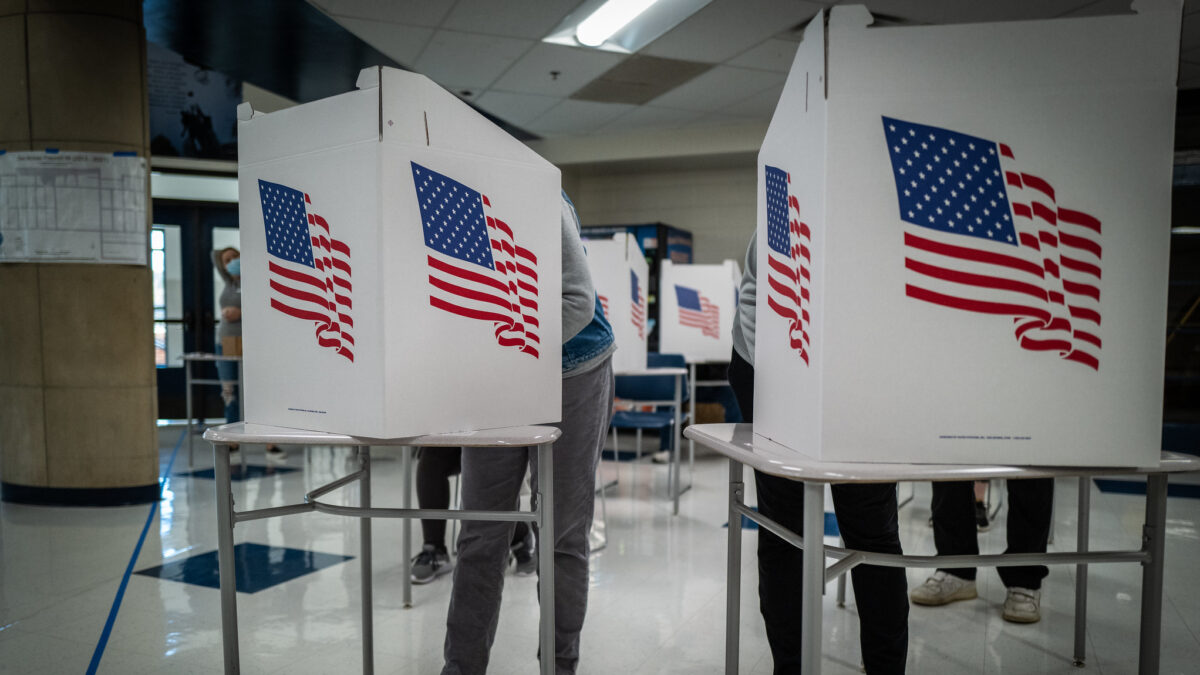
In a panel discussion where she was joined by Pennsylvania Secretary of the Commonwealth Al Schmidt, Pitt Disinformation Lab Executive Director Beth Schwanke suggested Pennsylvanians should not do their “own research” when it comes to elections and instead rely on so-called “trusted” sources, including those linked to groups with a history of censorship.
Schwanke and Schmidt took part in a forum Tuesday hosted by Spotlight PA. Schwanke was asked how to combat so-called “misinformation” and “disinformation.”
“When you see misinformation, it’s best not to engage with it online because you are helping to amplify it,” Schwanke began.
“One thing everyone can do to make sure they are seeing accurate information is to use trusted sources. So in elections that means using the Department of State, that means using your county elections office, it means using media organizations that follow — that adhere — to professional journalism standards like … your local NPR affiliate,” Schwanke said. “And it doesn’t mean you know, ‘doing your own research’ and just asking questions and sharing, you know, posts from — I don’t know, in my case, it’s Uncle Joe, right? It means being thoughtful about where your sources are coming from.”
Schwanke is correct that Pennsylvanians and Americans should be “thoughtful” about where they source their information from, which is exactly why regime-approved sources like “NPR affiliates” and the “Department of State” should be heavily scrutinized.
After the New York Post broke the Hunter Biden laptop story just weeks before the 2020 election, Big Tech platforms began limiting users’ ability to share the story that was falsely labeled “disinformation.”
[READ NEXT: Secretaries Of State Won’t Explain ‘Coordinated’ Effort To Fight ‘Common Adversary’ In 2024]
NPR’s Managing Editor Terence Samuels said the outlet wouldn’t “waste” its time covering a bombshell story implicating then-candidate Joe Biden in a foreign corruption scandal.
“We don’t want to waste our time on stories that are not really stories, and we don’t want to waste the listeners’ and readers’ time on stories that are just pure distractions,” he wrote in a statement.
The Pennsylvania State Department is no more reliable a source, considering it revealed to The Federalist it would work with the Cybersecurity and Infrastructure Security Agency (CISA) to target election speech online deemed a “threat.” The Department of State Election Task Force will partner with CISA, the “nerve center” of the government’s censorship branch, to “provide voters with accurate, trusted election information” and “mitigate threats” to elections such as speech it deems “misinformation.”
But how can Pennsylvanians trust this partnership to discern what information is reliable, when CISA has censored Americans for stating true information?
For example, CISA created a six-point list in October 2020 warning that unsupervised mail-in voting carried multiple risks, according to documents obtained by America First Legal. Yet CISA got social media posts that shared similar concerns flagged as “disinformation” for Big Tech companies to censor. One post that was flagged was a tweet from then-President Donald Trump in which he claimed there were “Big problems and discrepancies with Mail in Ballots all over the USA.”
Meanwhile, as my colleague Joy Pullmann reported last month, a team at the Massachusetts Institute of Technology developing AI censorship tools on the federal taxpayers’ dime criticized people who “focused on reading a wide array of primary sources, and performing their own synthesis” as being more prone to believe “disinformation.” The MIT report disparaged people who value “sacred” texts such as “the Bible or the Constitution” because they were likely to “adhere[] to deeper narratives that might make them suspicious of any intervention that privileges mainstream sources or recognized experts.”








